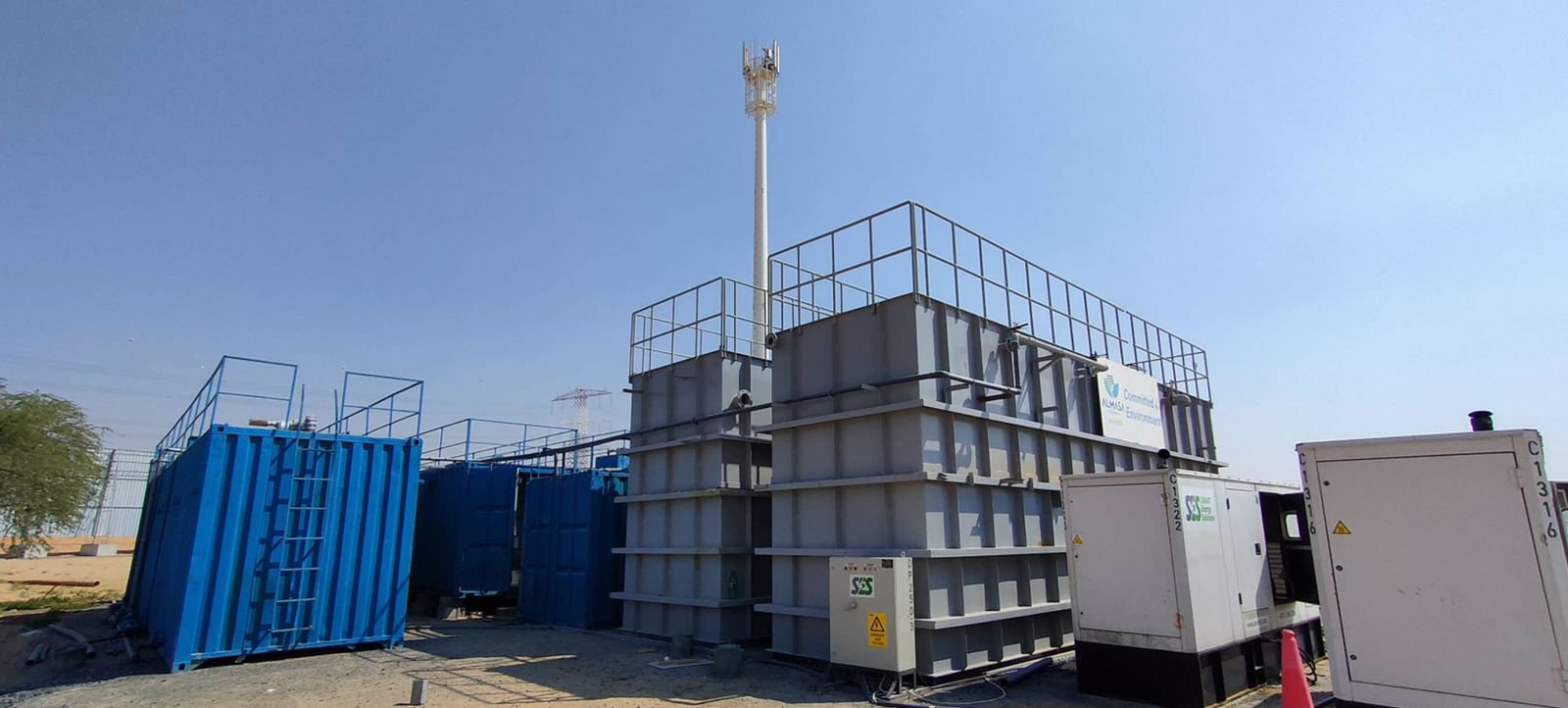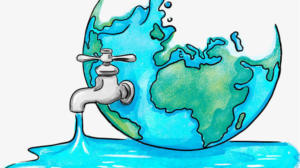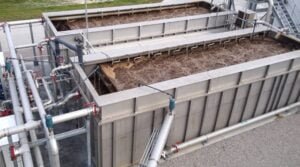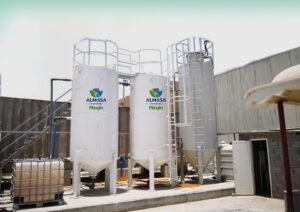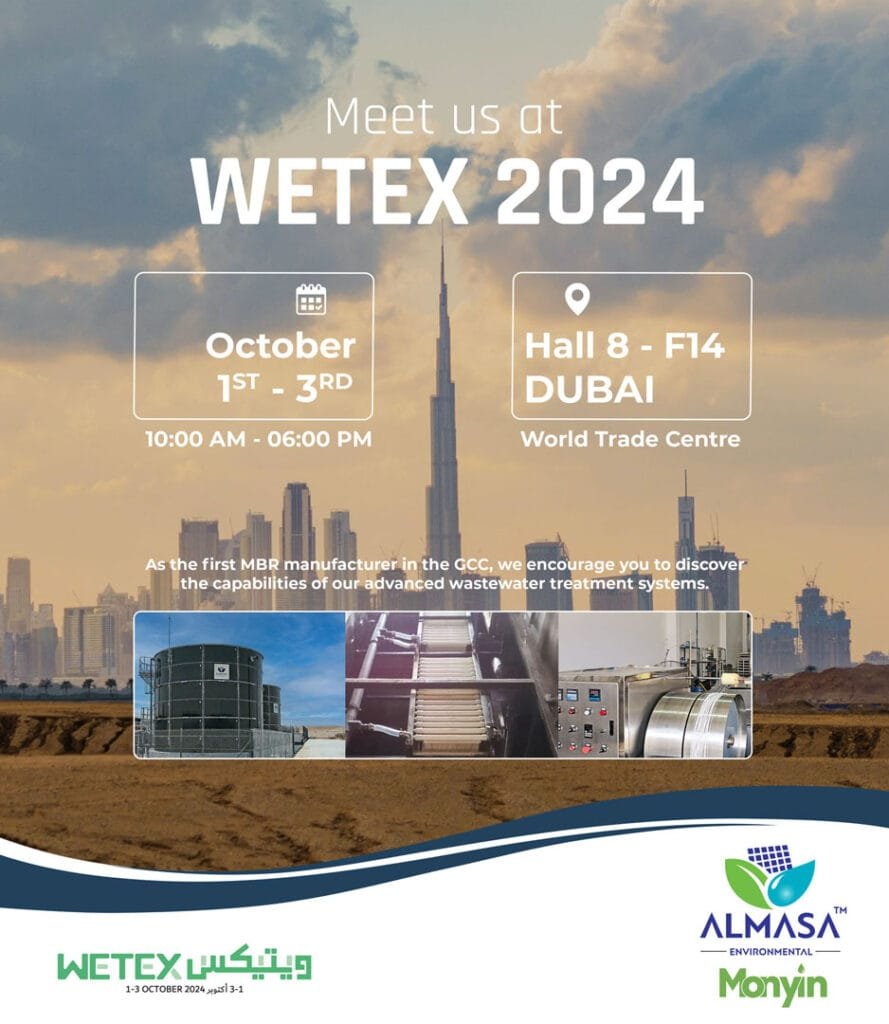Wastewater Treatment in UAE: Your Comprehensive Guide
The United Arab Emirates (UAE), a land of remarkable innovation and progress, faces a unique challenge – water scarcity. In a region where freshwater resources are limited, the efficient management and treatment of wastewater are paramount. This comprehensive guide delves into the critical importance of wastewater treatment services in the UAE, exploring the processes, regulations, and innovative solutions shaping the industry. We’ll also put a spotlight on Al Masa UAE, a pioneering company leading the way in sustainable wastewater management.
Why Wastewater Treatment Matters in the UAE
Water scarcity is a pressing issue in the UAE due to its arid climate and rapid population growth. Wastewater treatment plays a vital role in addressing this challenge by:
- Conserving Precious Water Resources: By treating wastewater and making it suitable for reuse, the UAE can reduce its dependence on freshwater sources, ensuring a sustainable water supply for the future.
- Protecting the Environment: Untreated wastewater can contaminate groundwater, harm marine ecosystems, and pose risks to public health. Proper treatment safeguards the environment and preserves the UAE’s natural beauty.
- Supporting Economic Growth: Treated wastewater can be used for various purposes, including irrigation in agriculture, industrial processes, and even replenishing aquifers. This contributes to economic development while reducing the strain on freshwater resources.
- Promoting Sustainability: The UAE is committed to sustainable development, and wastewater treatment is a key component of achieving these goals. By investing in advanced treatment technologies, the country is setting an example for responsible water management.
AlMasa UAE , a prominent player in the wastewater treatment sector, recognizes the importance of these goals. The company’s mission is to provide innovative and sustainable solutions that address the UAE’s unique water challenges, contributing to a greener and more resilient future.
Understanding Wastewater Treatment: The Basics
Before we dive into the specifics of wastewater treatment services in the UAE, let’s establish a solid foundation on the fundamentals.
What is Wastewater?
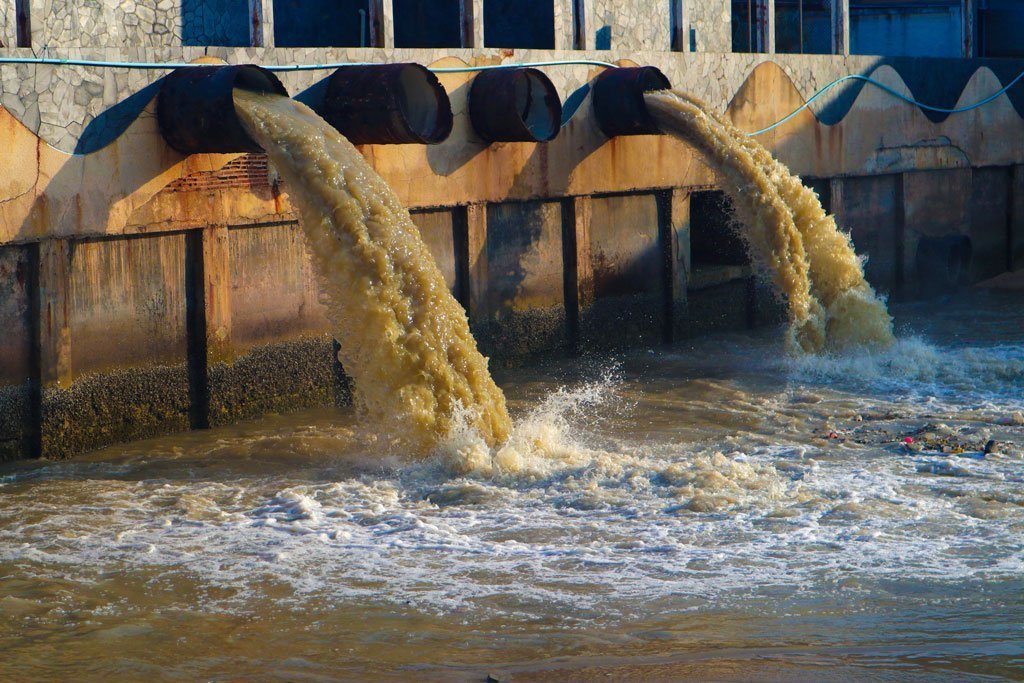
Wastewater, in its simplest form, is any water that has been affected by human use. This includes a wide range of sources:
- Domestic Wastewater: This comes from households and includes water from toilets, sinks, showers, and laundry .
- Industrial Wastewater: Generated by factories and manufacturing processes, this type of wastewater can contain chemicals, heavy metals, and other pollutants.
- Agricultural Wastewater: Runoff from farms and fields, often carrying fertilizers, pesticides, and animal waste.
- Sewage Wastewater : Sewage wastewater is generated from domestic activities (toilets, showers, laundry), commercial establishments (restaurants, hotels), industrial processes, and stormwater runoff.
The Importance of Treating Wastewater
Wastewater treatment is not just about cleanliness; it’s about protecting human health, preserving the environment, and ensuring the sustainable use of water resources. Here’s why it’s crucial:
- Public Health: Untreated wastewater can harbor harmful bacteria, viruses, and parasites, leading to the spread of waterborne diseases. Treatment eliminates these pathogens, making the water safe for various uses.
- Environmental Preservation: When released untreated, wastewater can pollute rivers, lakes, and oceans, harming aquatic life and disrupting ecosystems. Treatment removes pollutants, protecting delicate environments.
- Water Reuse: Treated wastewater can be a valuable resource for irrigation, industrial processes, and even aquifer recharge. This reduces the demand for freshwater, a critical consideration in water-scarce regions like the UAE.
The Wastewater Treatment Process: A Step-by-Step Journey
Wastewater treatment isn’t a single action; it’s a multi-stage process designed to remove various contaminants and impurities. Let’s break down the typical steps involved(This is the main principle but each industry make adjustment for this process for best water quality output)
- Preliminary Treatment:
- Screening: Large debris like trash, sticks, and rags are removed from the wastewater.
- Grit Removal: Sand, gravel, and other heavy solids are separated through settling.
- Primary Treatment:
- Sedimentation: The wastewater flows into large tanks where solids settle to the bottom, forming sludge. The clarified water moves on to the next stage.
- Secondary Treatment:
- Biological Processes: Microorganisms are introduced to break down organic matter in the wastewater. This can be done through activated sludge processes or trickling filters.
- Aeration: Oxygen is added to support the growth of beneficial bacteria.
- Tertiary Treatment (Optional):
- Filtration: The wastewater passes through filters to remove additional suspended solids.
- Disinfection: Chlorine, ultraviolet light, or other methods are used to kill remaining bacteria and viruses.
- Nutrient Removal: If necessary, nitrogen and phosphorus are removed to prevent excessive algae growth in receiving waters.
- Sludge Treatment:
- Thickening: The sludge collected during primary treatment is concentrated.
- Digestion: The thickened sludge is further broken down by bacteria in anaerobic digesters.
- Dewatering: The digested sludge is dried to reduce its volume and make it easier to handle.
- Disposal or Reuse: The final sludge product can be disposed of in landfills or used as fertilizer.
This comprehensive process ensures that wastewater is transformed from a potential hazard into a valuable resource, contributing to a cleaner, healthier, and more sustainable environment.
Standards and Guidelines
Wastewater treatment facilities in the UAE must adhere to strict standards and guidelines to protect public health and the environment. These standards cover various aspects, including:
- Effluent Discharge Limits: Maximum allowable concentrations of pollutants (e.g., biochemical oxygen demand, suspended solids, nutrients) that can be discharged into the environment.
- Water Reuse Regulations: Guidelines for the safe use of treated wastewater for irrigation, industrial processes, and other purposes.
The Role of AlMasa UAE
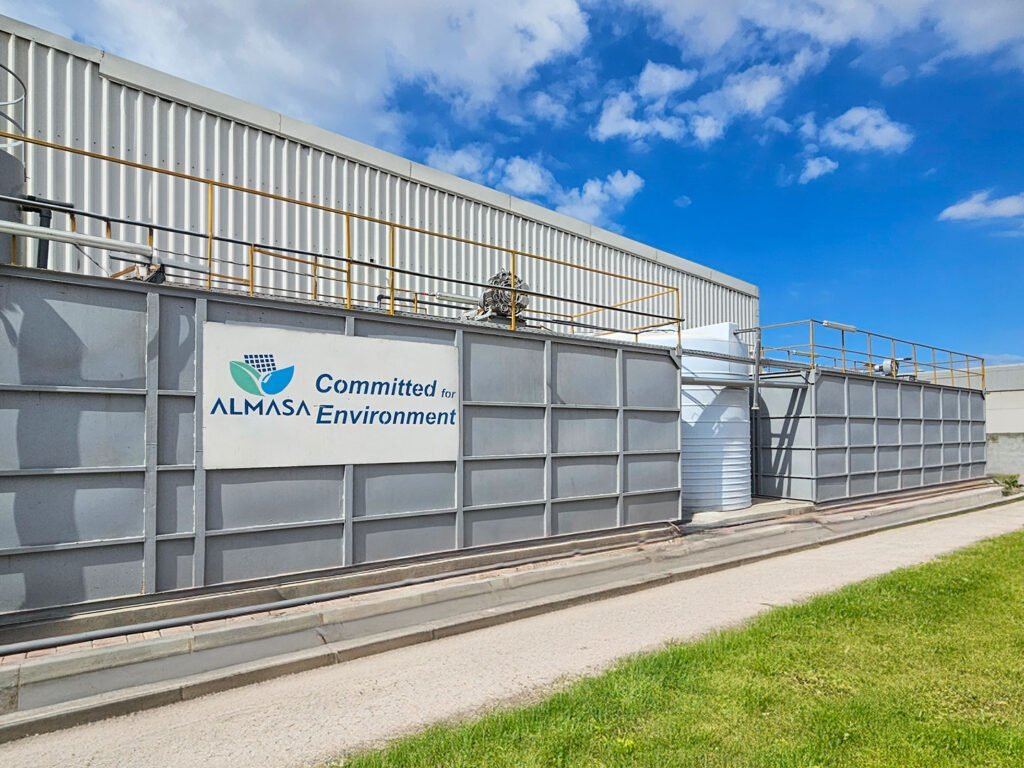
Al Masa UAE plays a crucial role in ensuring compliance with wastewater regulations. The company works closely with regulatory bodies to obtain necessary permits and licenses for wastewater treatment projects. Their expertise in designing, constructing, and operating treatment plants ensures that treated wastewater meets or exceeds all applicable standards.
By adhering to these regulations and partnering with reputable companies like Al Masa UAE, the UAE is taking significant strides toward sustainable water management and environmental protection.
Al Masa UAE: A Leader in Wastewater Treatment
When it comes to innovative and reliable wastewater treatment solutions in the UAE, Al Masa UAE stands out as a leader. With a commitment to environmental sustainability and cutting-edge technology, the company has established itself as a trusted partner for businesses, industries, and communities seeking efficient wastewater management.
Company Overview
AlMasa UAE boasts a rich history they are working since 2006 of providing comprehensive wastewater treatment services. And and got over more than 200 clients in UAE.The company’s mission is to contribute to the UAE’s sustainable development goals by offering innovative solutions that address the country’s unique water challenges. Al Masa’s expertise extends to a wide range of sectors, including municipal, industrial, and commercial. And Also AlMasa is the first company in UAE who start produce MBR .
Range of Services
Al Masa UAE offers a comprehensive suite of wastewater treatment services, catering to diverse needs and project scales:
- Design and Engineering: The company’s experienced engineers create customized designs for wastewater treatment plants (WWTPs), incorporating the latest technologies and adhering to local regulations.
- Construction and Installation: Al Masa oversees the construction and installation of WWTPs, ensuring that projects are completed on time, within budget, and to the highest quality standards.
- Operation and Maintenance: The company provides ongoing operation and maintenance services for WWTPs, ensuring optimal performance and longevity.
- Wastewater Treatment Technologies: Al Masa utilizes a variety of advanced technologies, including:
- Membrane Bioreactor (MBR): A highly efficient process that combines biological treatment with membrane filtration for superior effluent quality.
- Moving Bed Biofilm Reactor (MBBR): A flexible and cost-effective solution for biological treatment.
- Specialized Solutions: Al Masa offers tailored solutions for specific wastewater challenges, such as:
- Industrial Wastewater Treatment: Addressing the complex needs of industries with high-strength or hazardous wastewater.
- Water Reuse Systems: Designing and implementing systems to safely reuse treated wastewater for irrigation or other purposes.
- Concrete wastewater treatment : Almasa Environmental introduces a revolutionary acid-free, patented technology for treating concrete wastewater, setting a new standard in the industry. This innovative solution effectively reduces the water’s pH to a stable level between 6 and 8, and significantly lowers TDS levels, eliminating the need for additional reverse osmosis (RO) treatment. By avoiding hazardous chemicals and leveraging Carbon Capture, Utilization, and Storage (CCUS) technology, Almasa’s method not only meets UAE and GCC regulations but also offers substantial cost savings, environmental benefits, and ensures the treated water is safe for reuse.
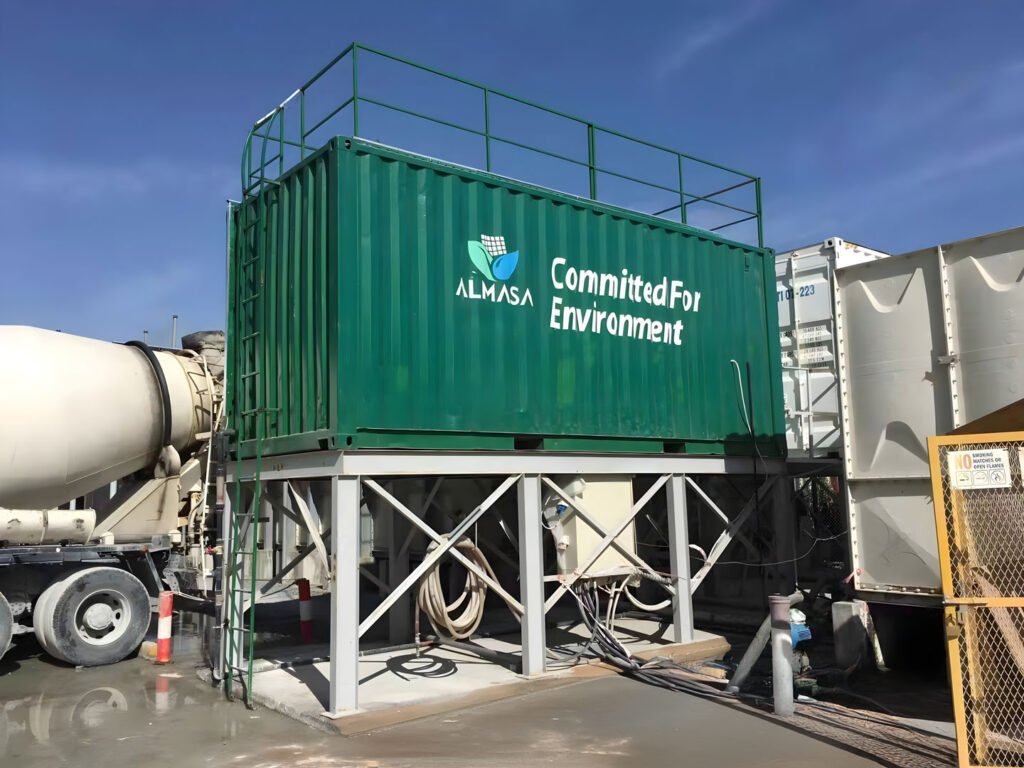
Choosing the Right Wastewater Treatment Solution in the UAE
Selecting the most suitable wastewater treatment solution for your needs in the UAE requires careful consideration of various factors. A well-informed decision will not only ensure compliance with regulations but also optimize costs and maximize resource recovery.
Factors to Consider
- Wastewater Type and Volume: The composition and quantity of wastewater generated will significantly influence the type of treatment required. Domestic wastewater differs significantly from industrial wastewater, which may contain specific pollutants that demand specialized treatment processes.
- Treatment Objectives: What are your goals for the treated wastewater? Are you aiming for discharge to the environment, reuse for irrigation, or a combination of both? Your objectives will dictate the level of treatment needed and the technologies employed.
- Regulatory Requirements: As discussed earlier, wastewater treatment in the UAE is strictly regulated. It’s essential to understand the specific regulations that apply to your project and choose a solution that guarantees compliance.
- Budget: Wastewater treatment systems can vary significantly in cost, depending on their size, complexity, and technology. It’s crucial to establish a realistic budget and explore solutions that offer the best value for your investment.
Types of Wastewater Treatment Systems
The UAE offers a diverse range of wastewater treatment systems to suit different needs and budgets:
- Decentralized Systems: These are smaller-scale systems designed for individual buildings, communities, or industries. They are often more cost-effective for smaller volumes of wastewater and can be customized to meet specific requirements.
- Centralized Systems: These are large-scale treatment plants that serve entire cities or regions. They are ideal for handling large volumes of wastewater and offer economies of scale, but they require significant infrastructure investment.
- Package Plants: These are prefabricated, modular units that can be easily transported and installed. They offer a flexible and scalable solution for wastewater treatment, especially in remote locations or for temporary projects.
Working with a Wastewater Treatment Provider
Partnering with a reputable wastewater treatment provider like Al Masa UAE can be invaluable. They bring expertise, experience, and a deep understanding of local regulations to the table. When selecting a provider, consider the following:
- Experience: Look for a company with a proven track record of successful projects in the UAE.
- Expertise: Ensure the provider has expertise in the specific type of wastewater treatment you require and the technologies best suited for your needs.
- References: Ask for references from previous clients to gauge their satisfaction with the provider’s services.
- Ongoing Support: Inquire about the provider’s maintenance and support services to ensure the long-term performance of your wastewater treatment system.
The Future of Wastewater Treatment in the UAE
The wastewater treatment landscape in the UAE is constantly evolving, driven by technological advancements, increasing environmental awareness, and a growing commitment to sustainable practices. Let’s explore some of the emerging trends and technologies shaping the future of wastewater treatment in the region.
Emerging Trends and Technologies
- Smart WWTPs: The integration of automation, sensors, and data analytics is transforming traditional wastewater treatment plants into intelligent systems. Smart WWTPs can optimize energy consumption, predict maintenance needs, and adapt to changing conditions, enhancing efficiency and reducing operational costs.
- Advanced Treatment Processes: Membrane technologies, such as reverse osmosis and nanofiltration, are gaining prominence in the UAE. These advanced processes enable the removal of even the most stubborn pollutants, producing high-quality treated water suitable for a wider range of reuse applications.
- Nutrient Recovery: Recovering nutrients like nitrogen and phosphorus from wastewater is becoming a priority. These valuable resources can be used as fertilizers, reducing the need for chemical fertilizers and promoting a circular economy.
- Water Reuse Initiatives: The UAE is actively exploring ways to maximize the reuse of treated wastewater. This includes expanding irrigation projects, using treated water for industrial cooling, and even replenishing aquifers for future use.
Al Masa UAE’s Role in Shaping the Future
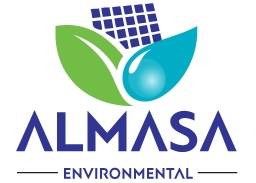
Al Masa UAE is at the forefront of innovation in the wastewater treatment sector. The company invests heavily in research and development, exploring new technologies and processes to improve treatment efficiency and sustainability. By embracing cutting-edge solutions and partnering with leading technology providers, Al Masa is helping to shape the future of wastewater treatment in the UAE.
A Sustainable Vision
The UAE’s vision for the future includes a thriving economy, a healthy environment, and a sustainable water supply. Wastewater treatment plays a pivotal role in achieving this vision. By investing in advanced technologies, promoting water reuse, and adhering to stringent regulations, the UAE is paving the way for a more sustainable and resilient future.
FAQs about Wastewater Treatment Services in the UAE
Wastewater treatment can be a complex topic, and you likely have questions. Here, we address some of the most frequently asked questions about wastewater treatment services in the UAE:
Q: How much does wastewater treatment cost?
A: The cost of wastewater treatment in the UAE varies widely depending on several factors, including:
- Wastewater Volume: Larger volumes of wastewater typically require more extensive treatment, leading to higher costs.
- Wastewater Type: Industrial wastewater often contains complex pollutants, necessitating specialized treatment processes that can be more expensive.
- Treatment Level: The desired level of treatment (e.g., discharge vs. reuse) will influence the choice of technology and, consequently, the cost.
- Technology: Advanced treatment technologies like membrane bioreactors (MBR) may have higher upfront costs but can offer long-term operational savings.
It’s best to consult with a wastewater treatment provider like Al Masa UAE to get an accurate estimate for your specific needs. They can assess your wastewater characteristics and treatment goals to provide a tailored cost analysis.
Q: What are the penalties for non-compliance with wastewater regulations?
A: The UAE takes environmental regulations seriously. Non-compliance with wastewater treatment standards can result in significant penalties, including fines, suspension of operations, and even legal action. It’s crucial to work with a reputable provider like Al Masa UAE to ensure that your wastewater treatment system meets all applicable regulations.
Q: How can I reduce wastewater generation in my home or business?
A: There are several steps you can take to minimize wastewater generation:
- Fix Leaks: Repair any leaking faucets, toilets, or pipes promptly.
- Use Water-Efficient Appliances: Install low-flow toilets, showerheads, and washing machines.
- Collect Rainwater: Utilize rainwater harvesting systems to reduce the demand for freshwater.
- Optimize Industrial Processes: Implement water-saving practices in industrial operations.
- Educate Employees: Raise awareness among staff about water conservation.
By reducing wastewater generation, you can lower treatment costs and contribute to sustainable water management.
Q: Is treated wastewater safe for reuse?
A: When treated properly, wastewater can be safely reused for various purposes. In the UAE, treated wastewater is commonly used for irrigation in agriculture and landscaping. It can also be used for industrial processes, such as cooling, and even for aquifer recharge, helping to replenish groundwater resources. The safety of reused water depends on the treatment level and the intended use.
Q: What is the role of the government in promoting wastewater treatment?
A: The UAE government plays a crucial role in promoting wastewater treatment through:
- Setting Regulations: Establishing and enforcing strict standards for wastewater discharge and reuse.
- Providing Incentives: Offering financial incentives or subsidies to encourage investment in wastewater treatment technologies.
- Raising Awareness: Educating the public and businesses about the importance of wastewater treatment and water conservation.
- Investing in Infrastructure: Developing and upgrading wastewater treatment facilities to meet the growing demand.
By actively supporting wastewater treatment initiatives, the government is driving the UAE towards a more sustainable and water-secure future.
Conclusion: A Cleaner, Greener Future for the UAE
Wastewater treatment is not merely a technical necessity in the UAE; it’s a cornerstone of the nation’s commitment to sustainability, environmental preservation, and responsible resource management. The transformation of wastewater from a potential hazard into a valuable resource is a testament to the UAE’s innovative spirit and dedication to a brighter future.
Al Masa UAE, with its comprehensive suite of services, cutting-edge technologies, and unwavering commitment to excellence, exemplifies the best of what the wastewater treatment industry has to offer. By partnering with Al Masa or other reputable providers, businesses, industries, and communities can ensure that their wastewater is treated responsibly, contributing to a cleaner, greener, and more prosperous UAE.
If you’re seeking reliable, innovative, and sustainable wastewater treatment solutions in the UAE, don’t hesitate to reach out to Al Masa UAE. Their team of experts is ready to assess your needs, provide tailored recommendations, and guide you towards a wastewater management strategy that aligns with your goals and values.
Together, we can build a future where wastewater is not a waste but a valuable resource, ensuring a sustainable water supply for generations to come.

